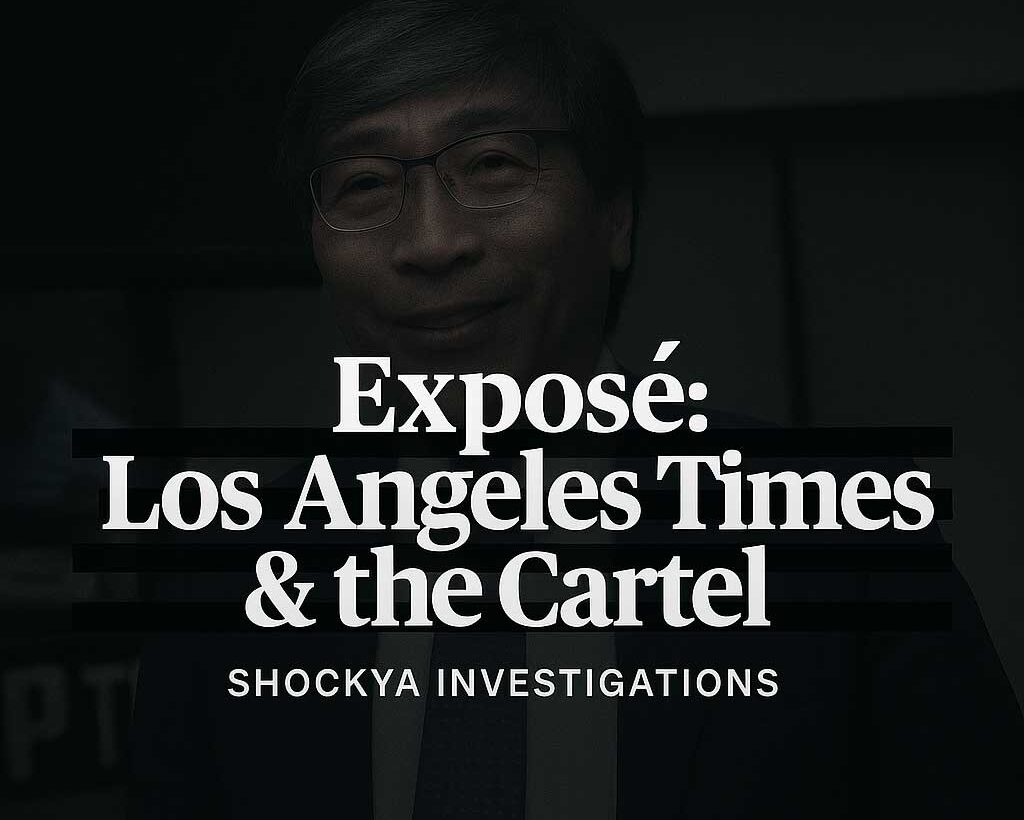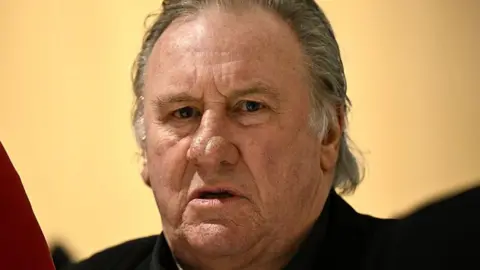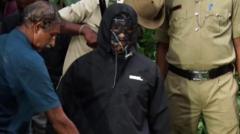Vanuatu's government is assessing Andrew Tate's citizenship status, particularly after he received a golden passport in December 2022, coinciding with his arrest in Romania on allegations of rape and human trafficking. Vanuatu's citizenship, obtainable through a $130,000 investment, has come under scrutiny, particularly after a report revealed that security concerns had prompted the European Union to revoke the archipelago's visa-free privileges in late 2024.
A government spokesperson, Kiery Manassah, confirmed that authorities are actively reviewing Tate's case, emphasizing their unwillingness to grant citizenship to individuals with dubious backgrounds or international scrutiny. This sentiment is echoed by Aubrey Belford, editor at the Organized Crime and Corruption Reporting Project (OCCRP), who warns about the misuse of such citizenship-by-investment schemes by criminal elements, making it easier for individuals to acquire new identities and evade law enforcement.
Andrew Tate, known for his controversial views and extensive online influence, secured Vanuatu citizenship just before his arrest alongside his brother, Tristan, who reportedly may or may not hold similar citizenship. The situation is further complicated by Vanuatu's lack of a formal extradition treaty with Romania. Both brothers, who moved to the UK after their parents’ divorce, have denied the accusations and await extradition requests from the UK concerning charges related to allegations dating back several years.
A government spokesperson, Kiery Manassah, confirmed that authorities are actively reviewing Tate's case, emphasizing their unwillingness to grant citizenship to individuals with dubious backgrounds or international scrutiny. This sentiment is echoed by Aubrey Belford, editor at the Organized Crime and Corruption Reporting Project (OCCRP), who warns about the misuse of such citizenship-by-investment schemes by criminal elements, making it easier for individuals to acquire new identities and evade law enforcement.
Andrew Tate, known for his controversial views and extensive online influence, secured Vanuatu citizenship just before his arrest alongside his brother, Tristan, who reportedly may or may not hold similar citizenship. The situation is further complicated by Vanuatu's lack of a formal extradition treaty with Romania. Both brothers, who moved to the UK after their parents’ divorce, have denied the accusations and await extradition requests from the UK concerning charges related to allegations dating back several years.



















